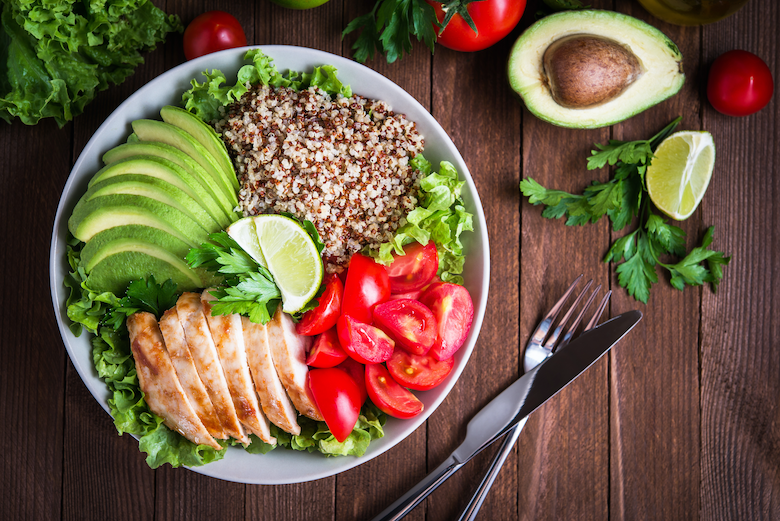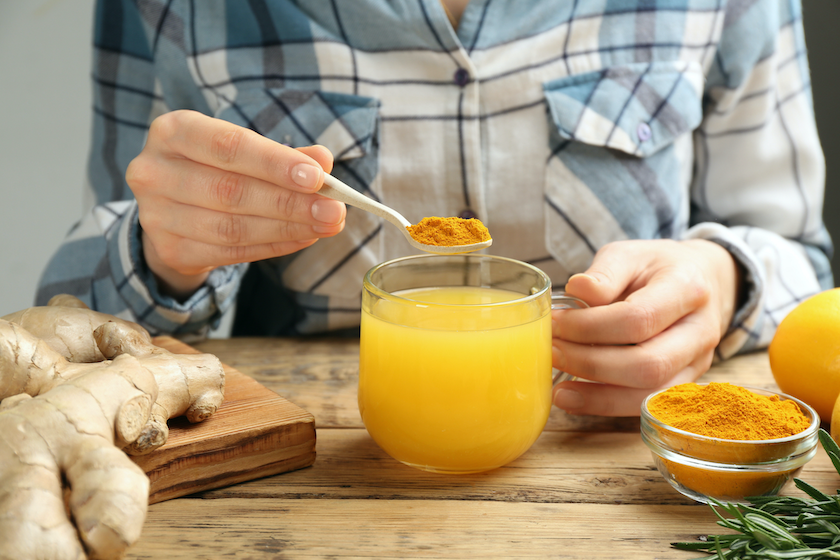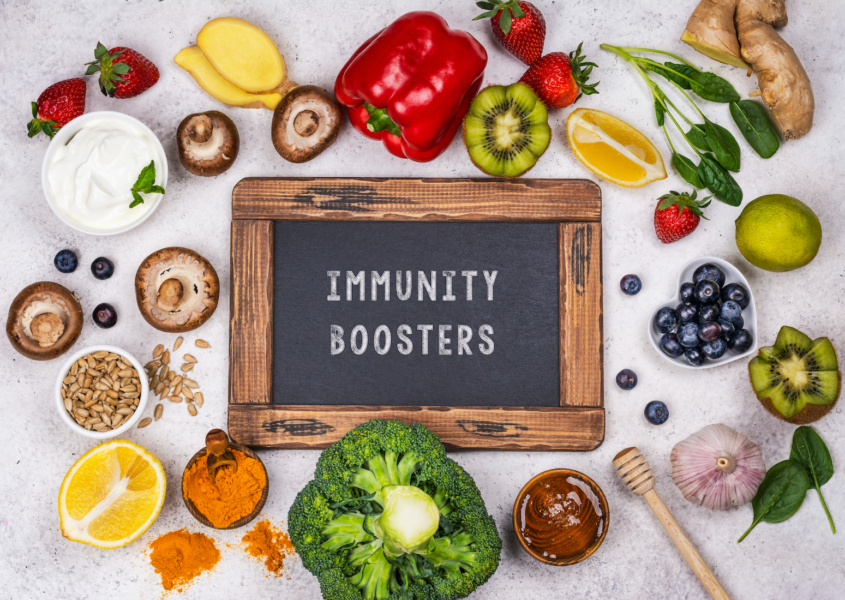Have you heard of the TLC diet? It stands for “Therapeutic Lifestyle Changes” and can have a significant impact on heart health and overall well-being! As we age, it becomes increasingly important to prioritize our holistic health. One crucial aspect of maintaining good health, especially for seniors, is taking care of our hearts. Heart disease is a leading cause of death among older adults, so taking steps to decrease our risk is certainly worth the time and effort. One important step we can take to protect ourselves is adopting heart-healthy eating habits, like the TLC diet. In this article, we will explore the benefits of the TLC diet for seniors and how to get started. Read more
Learn More
Locally Owned
All Chefs For Seniors locations across the US are independently owned and operated. When you choose Chefs For Seniors, you are supporting small business owners in your local community.








 shutterstock
shutterstock
